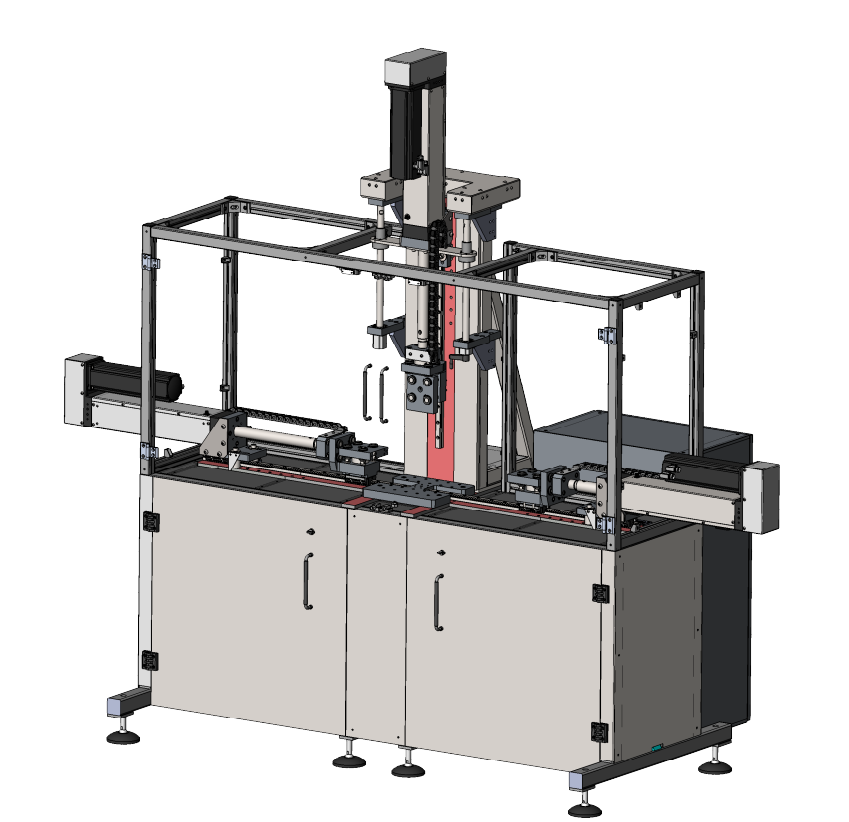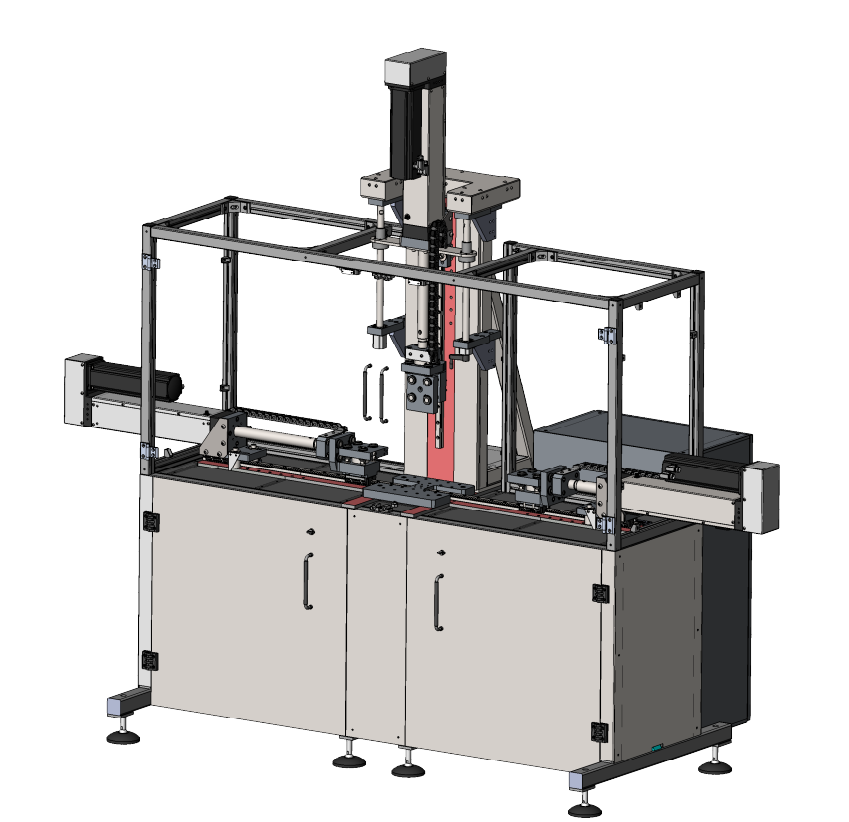
Location: Istituto di BioRobotica – Scuola Superiore Sant’Anna
Lab head: Prof. Matteo Cianchetti
Contact: matteo.cianchetti@santannapisa.it
Lab Team
Lab Mission
The laboratory is a complete facility to perform partial or complete characterization of fluidic technologies (such as flexible fluidic actuators or compliant fluidic sensors) through semi-automatic mechanical testing. This facility gives the possibility of standardizing the characterization protocol of novel technologies based on fluidic principles. The synchronous acquisition system allows a straightforward data fusion for a multi-parametric behavioral analysis.
The following research activities can be carried on:
- Standardized multi-modal mechanical characterization of actuation and/or sensing technologies.
- Cyclic analysis for durability and wearing evaluation of soft components and fully functional prototypes.
- Preliminary functional evaluation of novel actuation and/or sensing concepts under multiple mechanical loading conditions, including static, dynamic and cyclic conditions over variable ranges.
Devices

FLUTECS
FLUTECS is a mechanical testing machine to perform partial or complete characterization of fluidic technologies through semi-automatic mechanical testing. FLUTECS is composed of a mechanical system to apply and measure forces and displacements to the tested sample, and a fluidic system to control the actuation of the sample, in the case a fluidic actuator is tested.
Features:
- It accommodates a wide range of sample dimensions, between 1 cm and 50 cm
- Custom 3D-printed grippers
- The mechanical system has two modules in the horizontal direction, and one module in the vertical direction
- Forces up to 1 kN can be measured, acquisition rate1 kHz, static and dynamic errors 0.05 N and 0.4 N, respectively
- Forces up to 1.5 kN can be applied, both statically and dynamically
- Displacements can be controlled with high resolution (better than 0.01 mm)
- The maximum displacement is 25 cm, at maximum velocity of 1200 mm/s
- The fluidic actuation can be with air or with water, at both positive and negative pressures
- The maximum flow for fluidic actuation is 30 L/min
- The control of actuation can be in pressure or in volume
- The maximum actuating pressure is 600 kPa, with resolution 0.01 bar
- The maximum actuating volume is 400 ml, with resolution 0.1 ml
- Cyclic actuation is enabled for both the mechanical and the fluidic system
Data sheet: download
Note: Usable only with technical supervision





